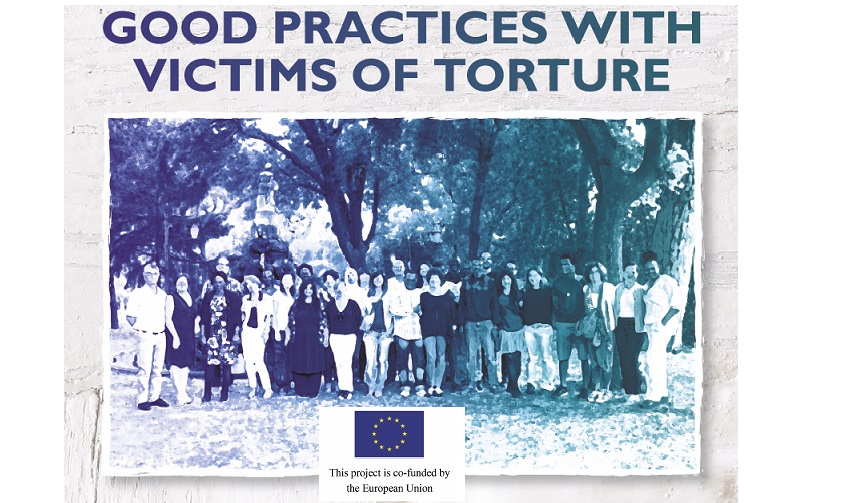
Good Practices with Victims of Torture, by EXIL and CCAR (coord.)
Beneficiaries and professionals have led projects funded by European Commission which have been focused on the terrible reality that victims of torture suffer from as a result of their irregular situations and the social exclusion they face in their host countries. Throughout the implementation of these projects, the organisations and specialised institutions for the treatment of victims of torture had to bear in mind the following elements for their intervention processes: the support and promotion of resilience, the therapeutic value of solidarity, gender perspectives, the development of good practices, the beneficiaries’ empowerment, and finally the professionals’ care and self-care.
As complex and accumulative trauma affects every single aspect of the life those who had to survive it, the need for an interdisciplinary approach is one of the principal concepts. Networking and professional monitoring are some of the keys elements that we seek to emphasise and facilitate through our work with doctors, psychiatrists, psychologists, physical therapists, art therapists, social workers, social educators, lawyers, and labour professionals, among others. Sharing conclusions about Good Practices with Victims of Torture has emerged as an emotionally powerful new tool in our collective task.
Authors: Asociación EXIL (Spain), Comissió Catalana d’Ajuda al Refugiat (Spain), British Refugee Council (United Kingdom), Freedom from Torture (United Kingdom), Greek Council for Refugees (Greece), ICAR Foundation (Romania), Psychosoziales Zentrum Düsseldorf (Germany), REFUGIO München (Germany), Syn-Eirmos -Babel (Greece).
Barcelona, 2015.

